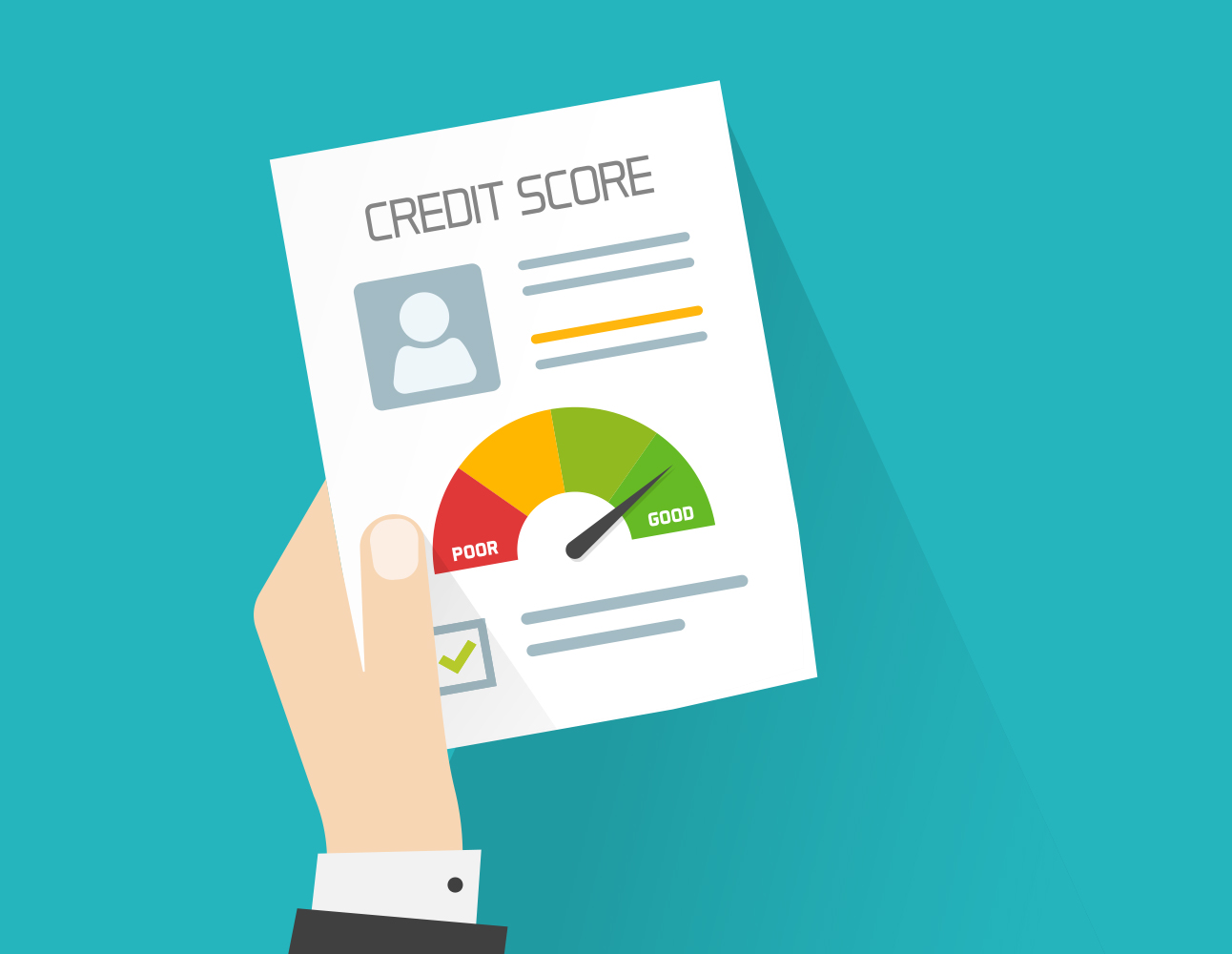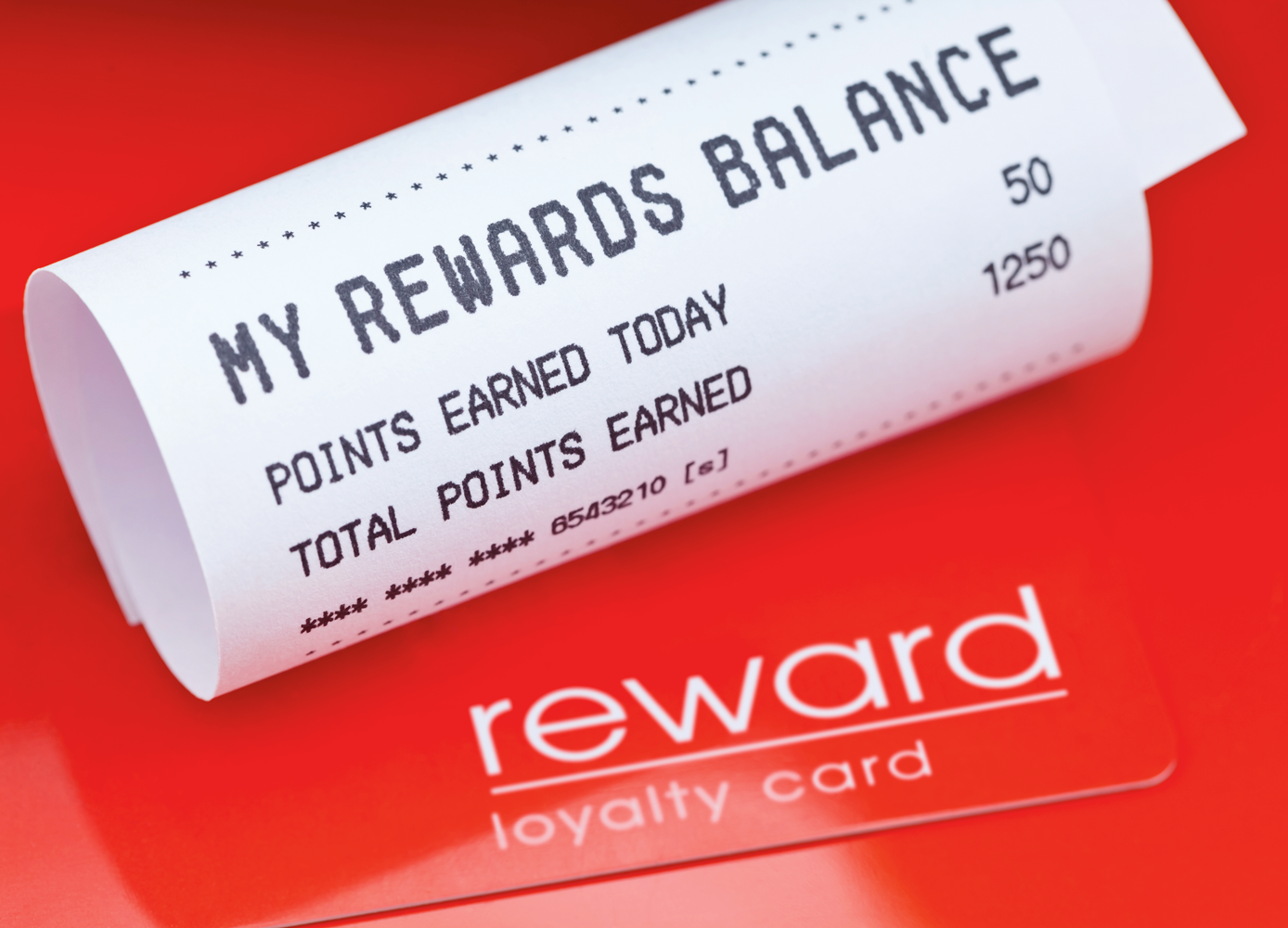A higher score is always better, and there are ways to give yours a boost
By Katrina Caruso
A healthy credit score makes life so much easier. Even if yours isn’t all that low, the following tips and tricks can make a significant difference to your rating and help make you a more attractive candidate to lenders.
- Regularly request a credit report. Once a year, you can request one for free from Equifax and TransUnion. It will be delivered by mail in a few weeks.
- Once you get the report, look it over closely and ensure that the information is accurate. Mistakes do happen (usually in the form of accounts that don’t belong to you showing up on the report).
- If there are any problems, contact the credit bureau to rectify those mistakes.
- If your report shows any accounts, missed payments, or bankruptcies that occured more than six years ago, you can have them removed.
- Moving forward, start paying all your bills on time.
- Set up automatic payments if you tend to forget due dates.
- Utilities, however, aren’t recorded on your report, so if you’ve hit a tight month, you might want to consider being a little late on Hydro but paying your credit card instead (of course, some things, such as your phone or cable service may get cut if you’re late, so prioritize accordingly).
- If you can’t pay in full, at least pay the minimum by the due date.
- Keep old credit cards and loans open: the older the account, the better it appears on your credit score… especially if you’re planning to open up others. However, if the card is costing you money (through annual fees or high interest), it’s better to close it.
- Create a debt-repayment strategy.
- It might be time to get a financial advisor or to sit down with your spouse to look at how you can pay off any debts aggressively.
- Never go over your credit limit.
- Limit the number of your credit applications, especially within short amounts of time.
- Limit your debt: you’re looking for a big ratio of available debt versus the amount of credit you use. The more loans you have, and the more available credit that you don’t use, the lower your credit score will be.
- This is often the trap for people. They take out a lot of credit, and then they use it all. If you’re apt to spend the available credit you have, you need to get a handle on your spending, and you should consider lowering your available credit or closing an account.
- Finally, tread carefully with companies advertising their ability to lower or improve your credit score, as it’s often a lie.
If you want more information on how to read your credit score, the Financial Consumer Agency of Canada has put together this handy website.
Photo: iStock/vladwel.






